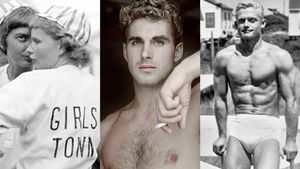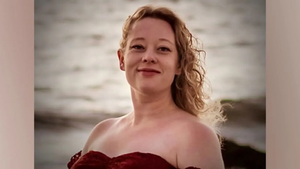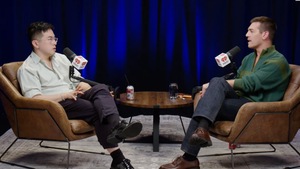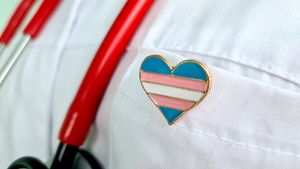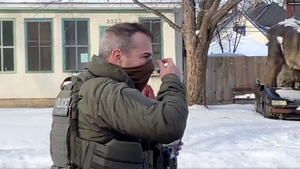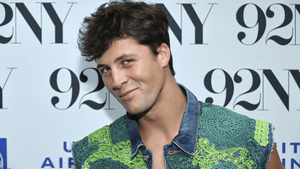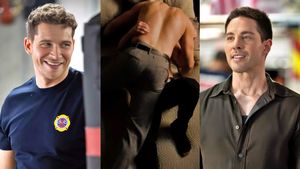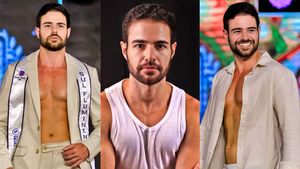Charleston is renowned for its cobblestone streets, Rainbow Row of waterfront houses, antebellum architecture, fine dining, and more — and deservedly so. But it’s long past time for this South Carolina gem to take its place as an LGBTQ+ travel destination, in part because of its little-known but refreshing queer history and culture.
Perhaps the most European of all American cities, Charleston has a history dating back over 350 years to its founding in honor of King Charles II of England. Due to its safe inlet harbor location at the confluence of the Ashley, Cooper, and Wando rivers, the city has always been subject to international influences — some beneficial and some not. For example, the wealth generated from its port and resulting shipping trade (including the trafficking of enslaved persons) helped fund cultural and artistic ventures, giving a sophisticated veneer to the city’s early abhorrent foundation.
Despite the unsavory parts of its history, Charleston has emerged as a modern community that is proud yet mindful of its past and how that story has impacted its culture and character. Today, out travelers will appreciate Charleston as an intersectional foodie paradise, featuring locally sourced seafood, meats, and produce prepared using Native American, European, West African, and Gullah Geechee influences, among others. Try Charleston mainstays like the Grocery and its daily menu, the Charleston Grill with its modern twist on traditional Southern fare, or the legendary Stella’s. LGBTQ+ couples looking for a romantic evening can dine at the sophisticated Peninsula Grill.
For LGBTQ+ nightlife, out travelers can head to Dudley’s on Ann Street for drinks, dancing, drag shows, karaoke, billiards, and lots of late-night fun with chosen family.
Charleston’s history is replete with LGBTQ+ culture and characters. Founding Father Alexander Hamilton was suspected by some of having an unusually bromantic relationship with South Carolina patriot John Laurens, an early abolitionist who wanted to use his future inheritance of 40 enslaved men to create a fighting force against the British during the Revolutionary War.
In a more sordid chapter of the town’s history, bisexual writer, actress, and Charleston native Ada Agnes Jane McElhenney stole funds raised for a monument to her late grandfather, former Vice President John C. Calhoun, which she used to flee her hometown for New York City in 1834. Once there, she changed her name to Ada Clare and became known as the Queen of Bohemia before dying tragically after a bite by a rabid dog.
In 1946, gay couple John Zeigler, Jr. and Edwin Peacock opened the Book Basement, which served as an early safe and affirming space for the local LGBTQ+ community. And British expatriate author Dawn Langley Simmons, one of the first individuals to undergo gender-affirming surgery in the U.S., called Charleston home until her death in 2000.
An exciting resource to learn more about Charleston’s LGBTQ+ history up close is the Real Rainbow Row, a self-guided walking tour that visits over 20 sites of importance. One of the stops is the Avery Research Center for African American History and Culture, which includes an exhibition featuring scientists and romantic partners Joseph Towles and Colin Turnbull. The Real Rainbow Row is a great way to explore the city on foot while connecting with our community’s past. Learn more at CharlestonCVB.com/lgbtq.
If you’re looking for a more traditional tour of the history of Charleston, a good place to start is Museum Mile on Meeting Street, where you’ll find six museums, five historic houses, and plenty of historic parks and examples of Charleston’s unique architecture. You can also visit the historic Ansonborough neighborhood, with architecture dating back to the city’s reconstruction, following a devastating 1838 fire that destroyed 1,100 buildings and a quarter of the downtown area. Civil War buffs can visit Fort Sumpter in Charleston Harbor, which took the first enemy fire during the war that ultimately ended the practice of slavery in the country. And of course, there’s the iconic Rainbow Row: Charleston’s famed collection of 13 brightly colored and ridiculously Instagrammable houses on East Bay Street. For the shopaholics, be sure to visit King Street and the Shops at Charleston Place.
Charleston is also renowned for its natural beauty and water-based activities. There are miles of pristine beaches like Isle of Palms, Kiawah Island, and Folly (the choice of local gays). You can even go deep-sea fishing, take part in your favorite water sports, or simply view the city’s skyline from a twilight dinner cruise.
With its mix of history, culture, fine dining, outdoor activities, and, yes, LGBTQ+ history and community, Charleston is well worth a visit by discerning out travelers.








































